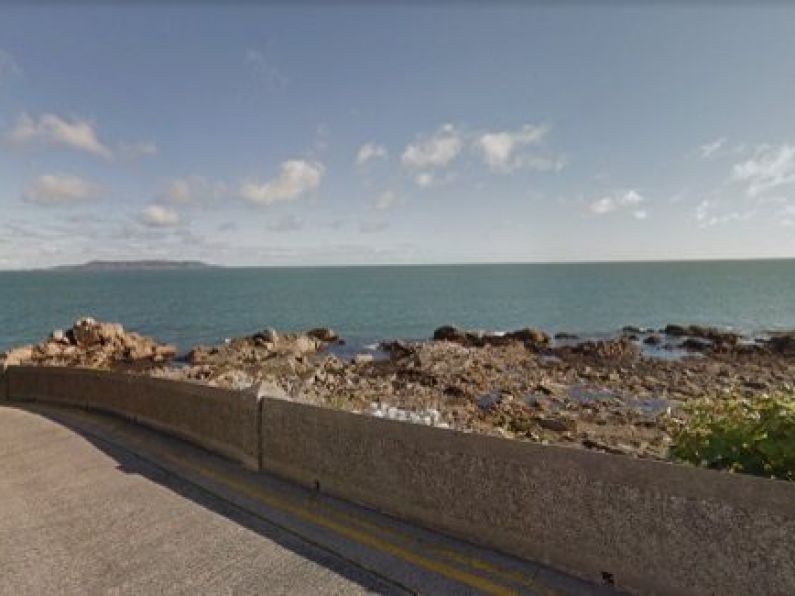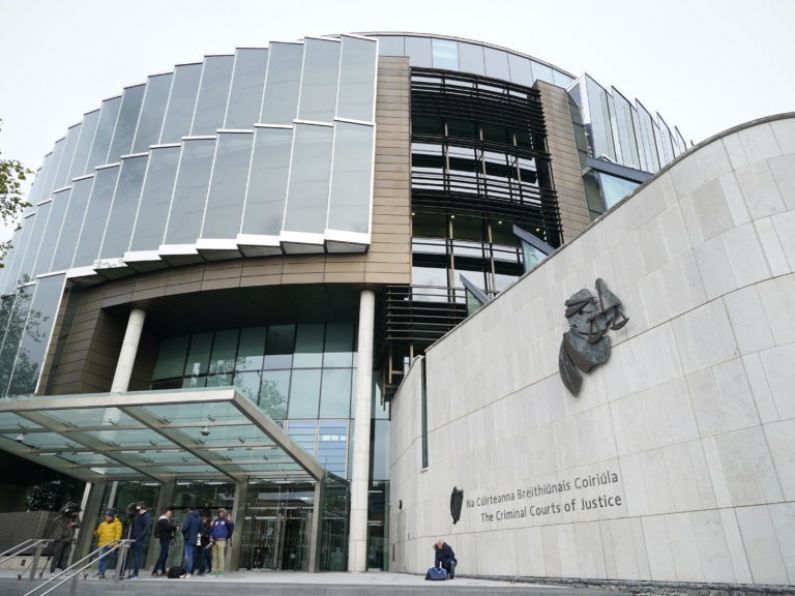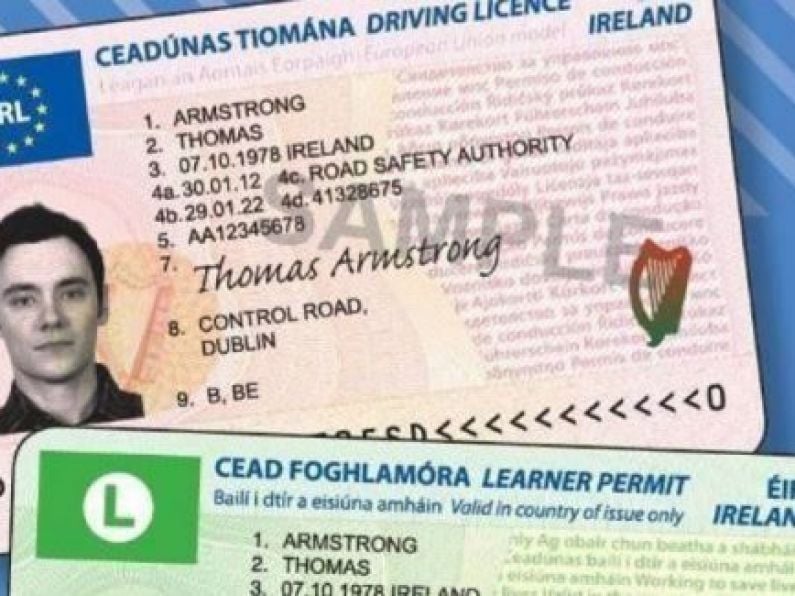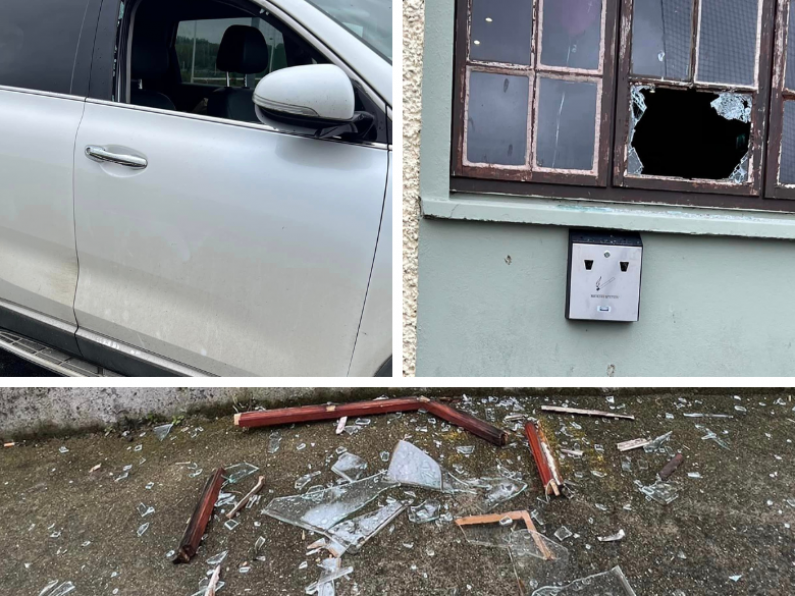Swimming is banned at four Dublin beaches for the coming days.
The news comes as a heatwave is forecast for later this week.
Last night Dún Laoghaire-Rathdown County Council said too much wastewater has discharged at several treatment facilities in the area because of heavy rain over the preceding 48-hours.
As a precaution, it's banned swimming at Seapoint, Sandycove and Forty Foot beaches.
This will remain the case until water conditions return to normal and test-results are clear.
It is the second time this month such a ban has been put in place. Eight beaches in Dublin had similar restrictions earlier this month.
Green Party councillor Ossian Smyth says the latest ban is a huge blow to the area.
"We need two things. One is, we need to have Irish Water carry out some remedial before their major project to actually fix-up and replace their wastewater treatment plane. They have to do something to contain it," said Mr Smyth.
And secondly we need same day water testing in Dublin Bay. We're getting our results in [and] they are coming in too late to warn people in time.
It was announced yesterday afternoon that Dollymount was also shut to swimmers after the Ringsend wastewater treatment plant was unable to cope with a low-level rainfall warning.
It was reported yesterday that heatwave could hit the country this week with temperatures rising to the high 20s later in the week.
In Continental Europe, there is the possibility of an 'exceptional heatwave' in the coming days.
Authorities around Paris have issued an orange alert for intense heat, the second-highest level on its scale, with the heat wave expected to last all week with temperatures of up to 40C.
Climatologist Professor John Sweeney said yesterday it is unlikely we will experience such extremes.
"Met Éireann is saying we'll get temperatures up to 27C on Thursday but we won't get, one suspects, the kind of prolonged, very hot temperatures that our near neighbours are getting," said Mr Sweeney.
"Maybe that's no harm because we know that even with temperatures in the high 20s, we notice a mortality peak, even here in Ireland on a smaller scale."






